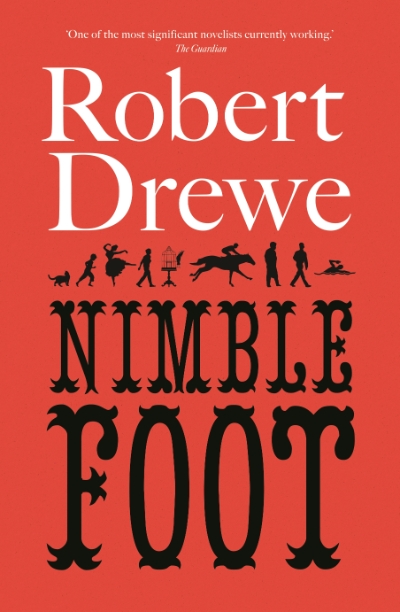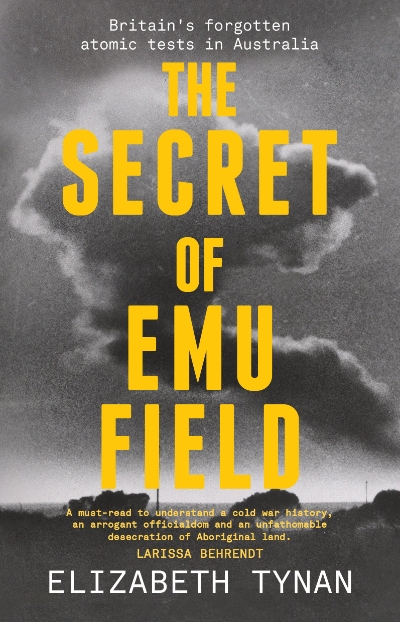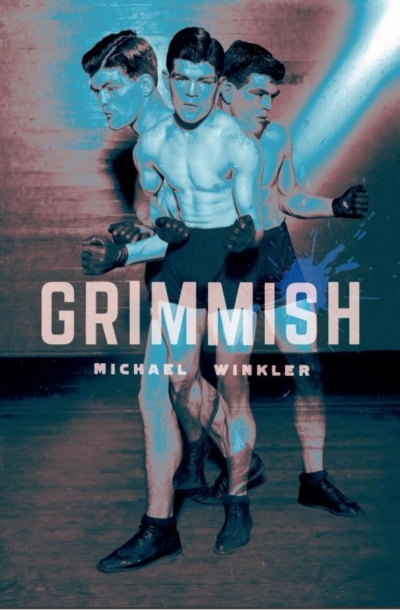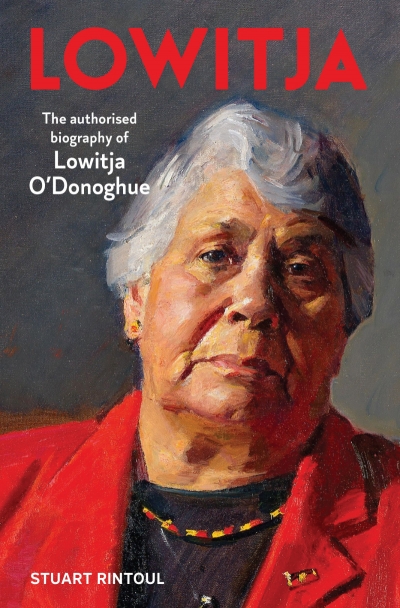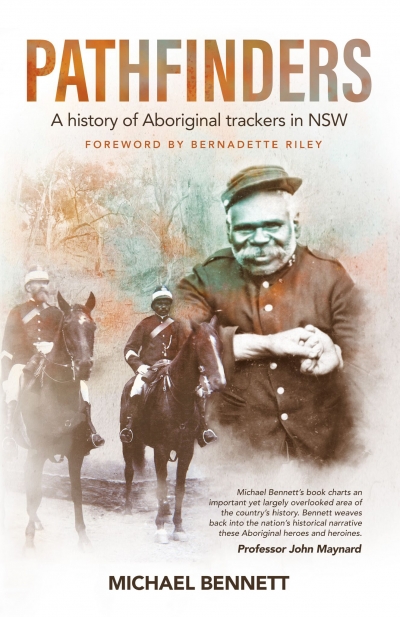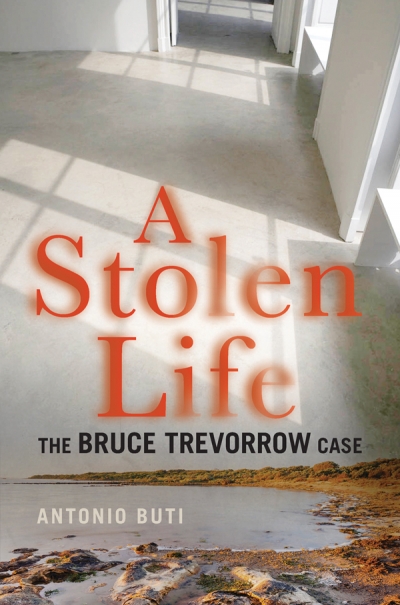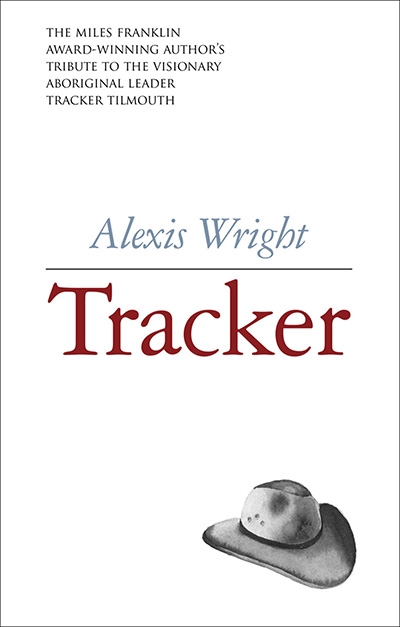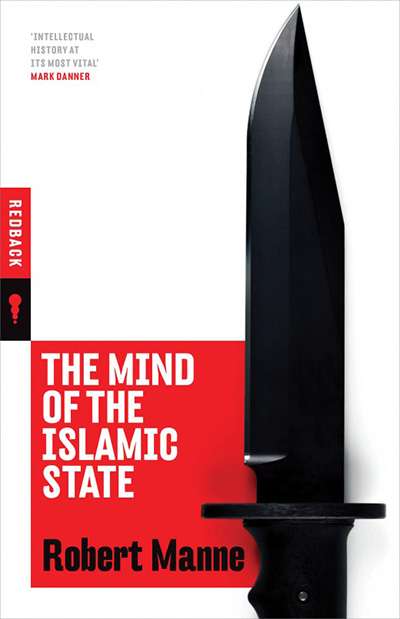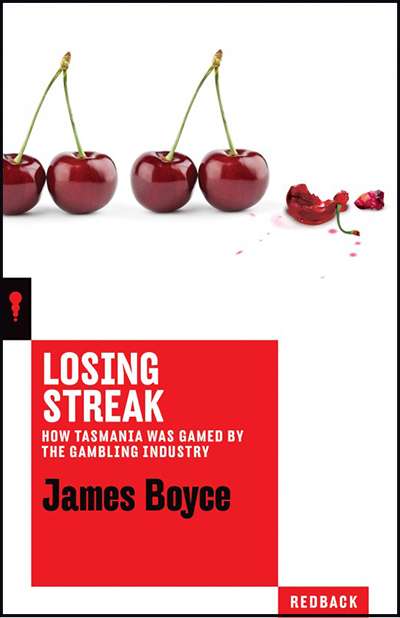Michael Winkler
The Secret of Emu Field: Britain’s forgotten atomic tests in Australia by Elizabeth Tynan
by Michael Winkler •
Lowitja: The authorised biography of Lowitja O’Donoghue by Stuart Rintoul
by Michael Winkler •
Pathfinders: A history of Aboriginal trackers in NSW by Michael Bennett
by Michael Winkler •
A Stolen Life: The Bruce Trevorrow case by Antonio Buti & My Longest Round by Wally Carr and Gaele Sobott
by Michael Winkler •
Tracker: Stories of Tracker Tilmouth by Alexis Wright
by Michael Winkler •

